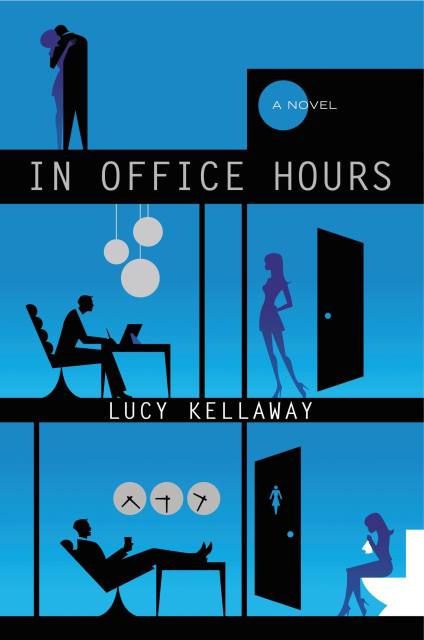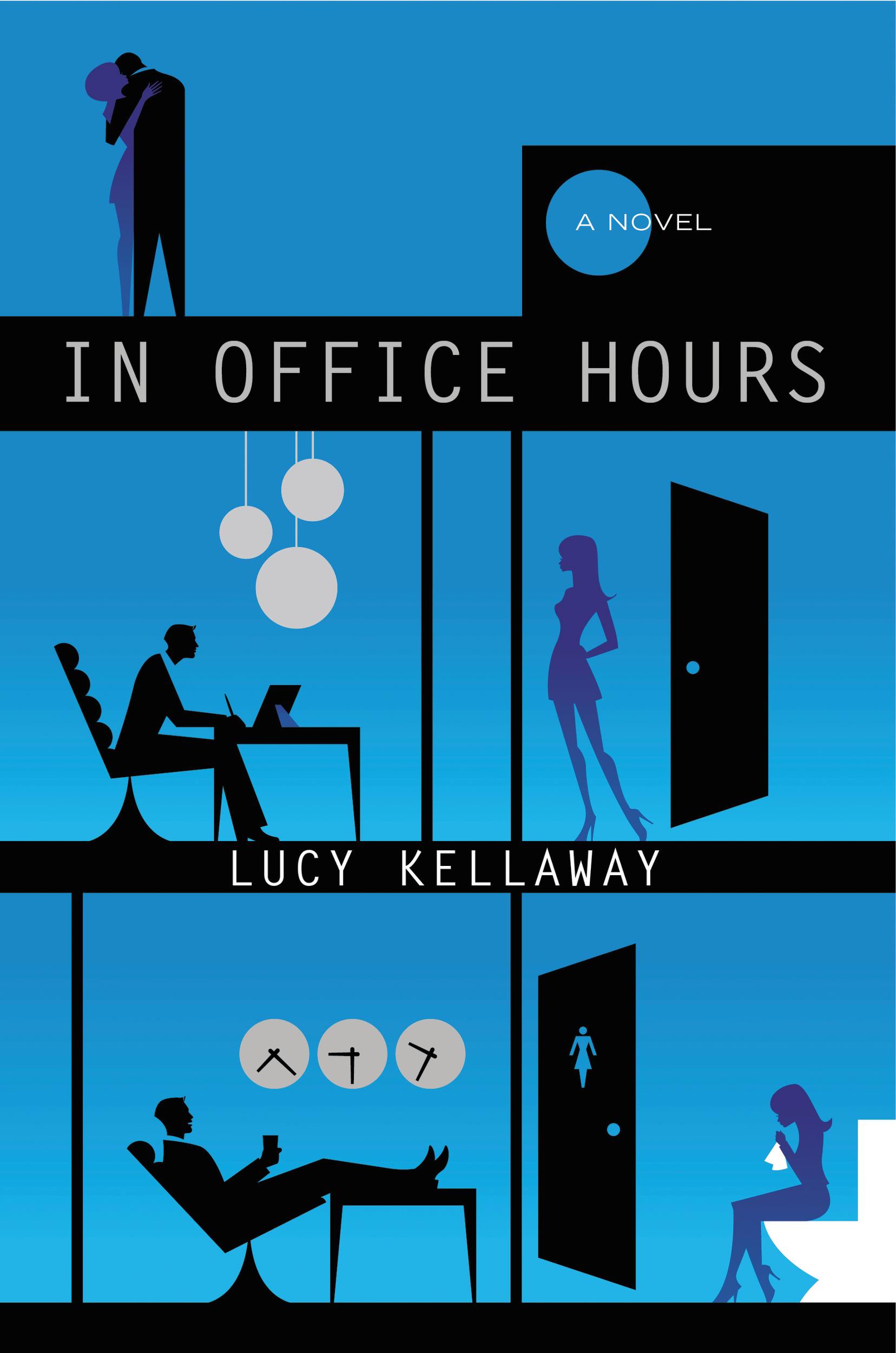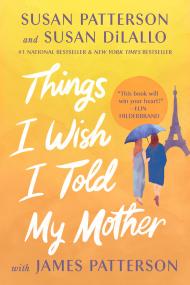Promotion
Use code MOM24 for 20% off site wide + free shipping over $45
In Office Hours
Contributors
Formats and Prices
Price
$8.99Format
Format:
ebook (Digital original) $8.99This item is a preorder. Your payment method will be charged immediately, and the product is expected to ship on or around February 7, 2011. This date is subject to change due to shipping delays beyond our control.
Also available from:
Stella and Bella are two intelligent working women who each fall for impossible lovers—at work.
Equal parts intelligent, funny, moving, and agonizing, In Office Hours will resonate with any woman who has ever worked in an office—or been in love. Kellaway hits a real nerve with her depictions of how people come to get into the emotional messes that we do—and how very difficult it is to get out again.
Genre:
- On Sale
- Feb 7, 2011
- Page Count
- 336 pages
- Publisher
- Grand Central Publishing
- ISBN-13
- 9780446574426
Newsletter Signup
By clicking ‘Sign Up,’ I acknowledge that I have read and agree to Hachette Book Group’s Privacy Policy and Terms of Use







